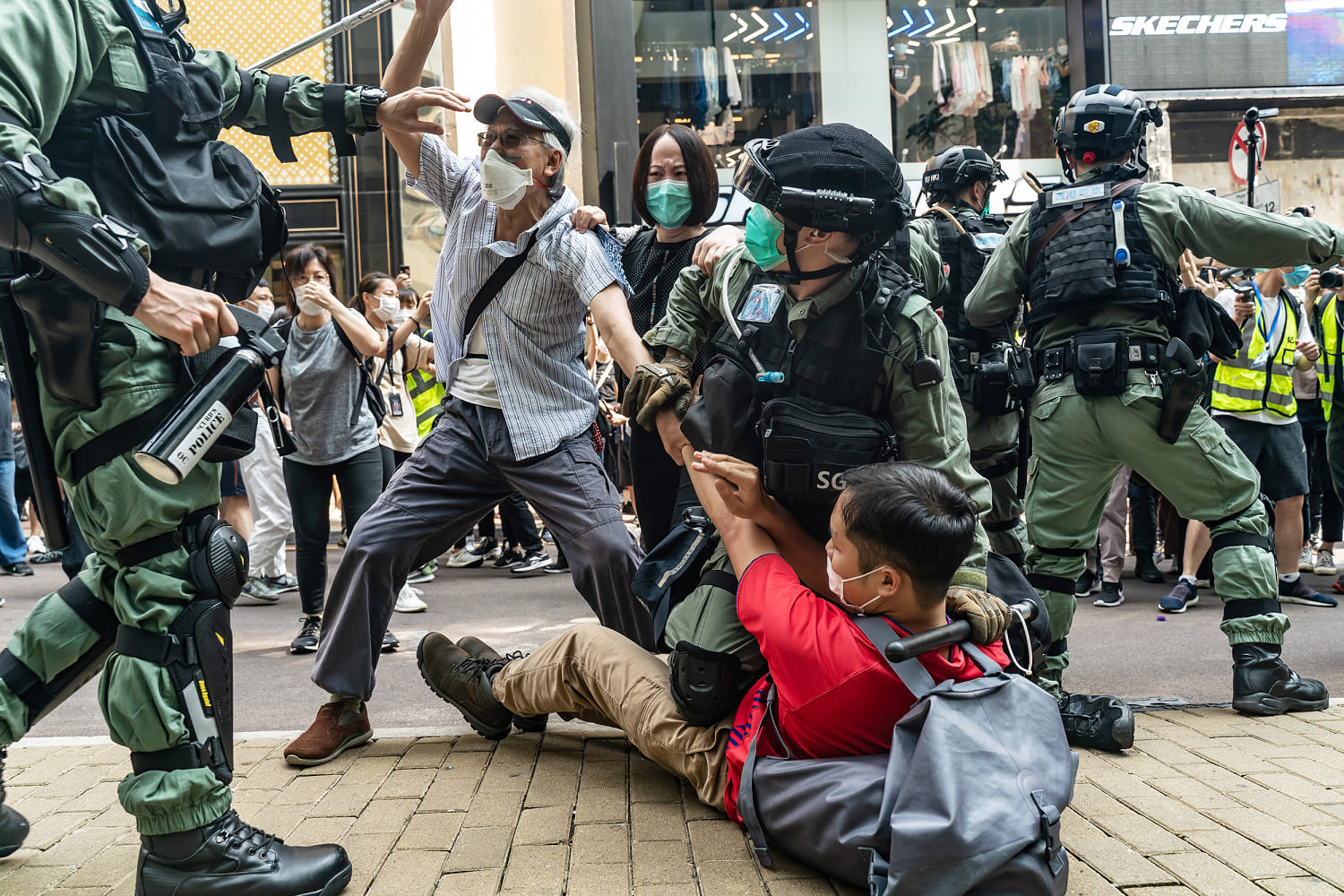Radio Free Asia closes Hong Kong bureau, citing security law concerns

The United States and others have strongly criticized the Article 23 law, which Hong Kong was constitutionally required to enact. On Friday, Secretary of State Antony Blinken said the U.S. was taking steps to impose new visa restrictions on multiple Hong Kong officials in connection with the intensifying crackdown on dissent.
Hong Kong has experienced a dramatic decline in press freedom in recent years, falling to 140th out of 180 countries and territories in Reporters Without Borders’ 2023 World Press Freedom Index compared with 70th in 2018.
Pro-democracy news outlets such as Apple Daily and Stand News have been forcibly shut down by the government, while others have closed on their own or moved all or part of their operations out of Hong Kong. High-profile trials of Apple Daily founder Jimmy Lai, 76, and two former Stand News editors are expected to have profound implications for press freedom in the city.
Foreign news outlets have been targeted to a lesser degree, with RFA and Voice of America, another U.S. government news service, accused by pro-Beijing newspapers in Hong Kong of being “anti-China.”
Fang said Radio Free Asia was “among the last independent news organizations reporting on events happening in Hong Kong in Cantonese and Mandarin.”
RFA reported last month that Hong Kong security chief Chris Tang had criticized what he called the outlet’s “false” reports that the Article 23 legislation could be used against the media, saying the law targeted only those who threatened national security. Speaking at a news conference, Tang referred to RFA as a “foreign force.”
The news outlet was also criticized by the Hong Kong police in January over an article about alleged police brutality during the 2019 protests that quoted Ted Hui, a former Hong Kong lawmaker now living in Australia. Hui is accused of national security offenses by the Hong Kong authorities, who have offered bounties of 1 million Hong Kong dollars ($128,000) each for him and 12 other overseas activists.
Cédric Alviani, Asia-Pacific bureau director at Reporters Without Borders, said there had been a trend of media outlets and media-related organizations leaving Hong Kong since 2020, when Beijing’s national security law raised the possibility that journalists could be accused of national security crimes in the course of their work.
Hong Kong’s passage of its own national security legislation “makes the potential threat to locally registered organizations even more credible,” he said, “because the Hong Kong authorities would not appear as going against their own regulations when attacking the media based on national security provisions.”
Though he declined to comment on RFA’s withdrawal, Alviani said the Article 23 law would increase pressure on local journalists and was “obviously aimed at creating self-censorship.”
“There is so much space for interpretation that basically the only way not to fall under the national security provisions would be not to write at all on any of the topics considered by the government as sensitive,” he said.
Read More: Radio Free Asia closes Hong Kong bureau, citing security law concerns

